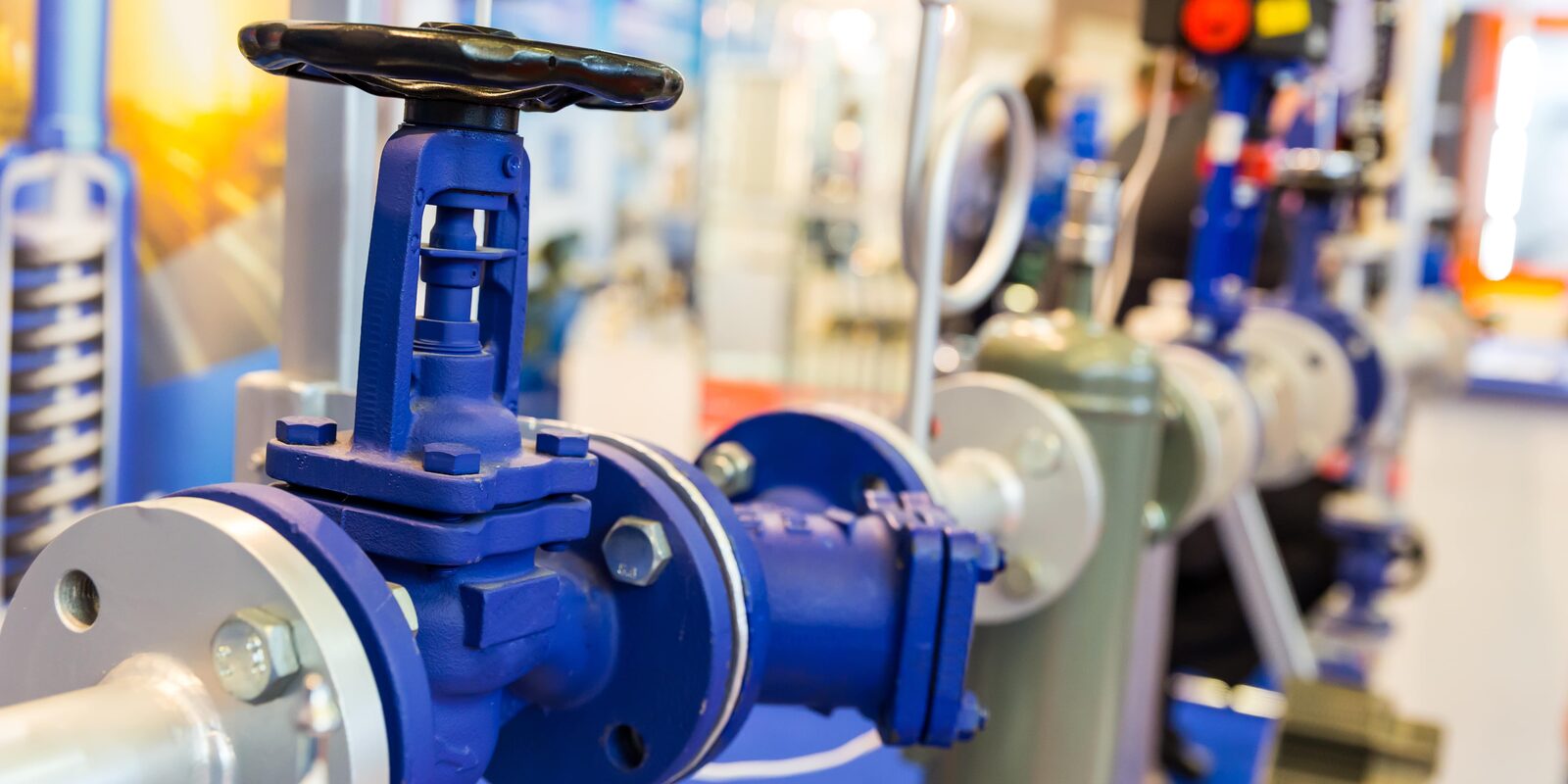Understanding Water Pumps
Choosing the right water pump can be a daunting task, especially for a newbie, given the wide variety of products available on the market. From residential use to industrial applications, water pumps serve various purposes. This guide aims to simplify the process and provide essential tips on buying a water pump, ensuring you make an informed decision and get the best value for your money.
Water pumps come in different types, each designed for specific applications. The main types include:
- Centrifugal Pumps: Ideal for transferring water and other fluids in residential, commercial, and industrial settings.
- Submersible Pumps: Designed to be submerged in water, commonly used for wells, sewage, and sump applications.
- Jet Pumps: Used for drawing water from wells, they come in shallow and deep well variants.
- Diaphragm Pumps: Suitable for pumping viscous liquids and slurries.
- Peristaltic Pumps: Often used in chemical processing and medical applications due to their gentle pumping action.
Key Factors to Consider
When choosing a water pump, consider the following factors to ensure it meets your needs:
1. Purpose and Application
- Residential Use: For watering gardens, boosting home water pressure, and draining pools.
- Agricultural Use: For irrigation and pumping water from wells or rivers.
- Industrial Use: For transferring chemicals, managing wastewater, and in manufacturing processes.
2. Flow Rate and Pressure
- Flow Rate: Measured in gallons per minute (GPM) or liters per minute (LPM), indicates how much water the pump can move.
- Pressure: Measured in pounds per square inch (PSI) or bar, indicates the force at which water is pumped.
3. Power Source
- Electric Pumps: Convenient for household use with reliable power supply.
- Gasoline/Diesel Pumps: Ideal for remote locations without electricity.
- Solar Pumps: Eco-friendly option for areas with abundant sunlight.
4. Pump Material
- Plastic and Stainless Steel: Resistant to corrosion, suitable for clean water applications.
- Cast Iron and Bronze: Durable and ideal for heavy-duty applications involving chemicals or abrasive fluids.
5. Pump Size and Portability
- Consider the size and weight of the pump, especially if you need to move it frequently.
Avoiding Common Pitfalls
To avoid common mistakes when buying a water pump, follow these tips:
1. Assess Your Needs Accurately
- Misjudging the required flow rate or pressure can lead to inefficiency or pump damage. Conduct a thorough assessment of your water needs.
2. Check Compatibility
- Ensure the pump is compatible with the power source available. For example, using a high-wattage electric pump in a home with limited electrical capacity can cause issues.
3. Consider Long-term Costs
- While cheaper pumps may seem attractive, they might incur higher maintenance and operational costs. Opt for a pump that offers a balance between initial cost and long-term efficiency.
4. Understand Pump Curves
- Pump performance curves illustrate how a pump will perform under different conditions. Familiarize yourself with these curves to choose a pump that meets your specific requirements.
5. Warranty and Support
- Check the warranty and after-sales support provided by the manufacturer. A reliable warranty and customer service can save you from future headaches.
Additional Tips
- Read Reviews and Ratings: Customer reviews and ratings can provide insights into the pump’s performance and reliability.
- Consult Experts: If in doubt, seek advice from professionals or experienced users.
- Regular Maintenance: Regularly maintain your pump to extend its lifespan and ensure optimal performance.
Conclusion
Choosing the right water pump requires careful consideration of various factors, from the type of pump to its application and compatibility. By understanding your needs and avoiding common pitfalls, you can make an informed decision and invest in a pump that offers great performance and value. Happy pumping!
